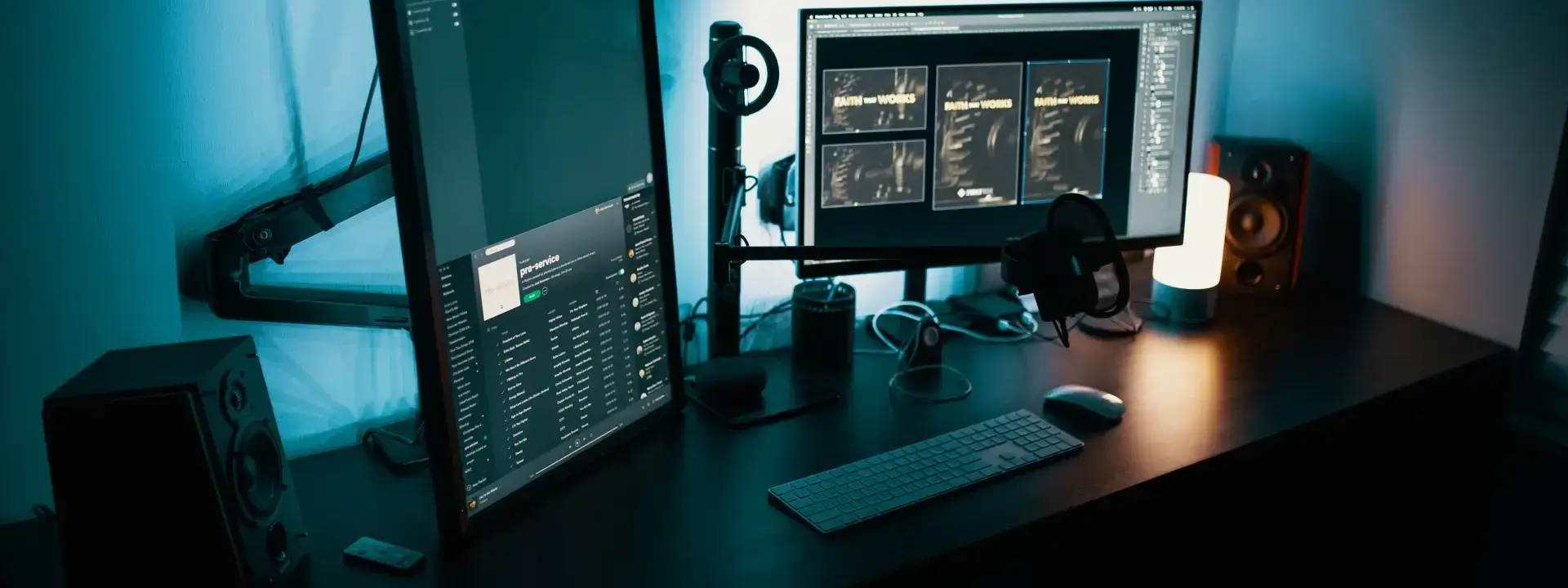
Hardware Engineer Job Description
What is a Hardware Engineer Professional?
Hardware engineers are responsible for the design, development, testing and maintenance of computer hardware. This includes both hardware components and firmware. They work closely with software engineers to ensure that system drivers and applications run correctly on new Hardware platforms.

What does a Hardware Engineer Expert do?
Most hardware engineering roles require a bachelors degree in electrical engineering or computer science; however, some jobs may only require an Associates degree or Certificate program. Many companies also offer entry-level positions to recent graduates with no experience.

What are the Skills of a Hardware Engineer?
A hardware engineer needs experience with designing, testing and debugging hardware. They also need to be able to work with other engineers to create integrated circuits, PCBs and systems. The ability to use CAD tools is also important for this role. In terms of specific skills, a hardware engineer needs to have a good understanding of electrical engineering concepts. They should also be able to write code in languages such as C++ and Verilog.

What makes an Expert Hardware Engineer?
Additionally, they need to be familiar with tools such as oscilloscopes and logic analyzers. Some companies may require that hardware engineers have a bachelors degree in electrical engineering or a related field. However, other companies may be willing to hire candidates with an associates degree or even just experience designing and working with electrical systems.

What level of Experience & Qualifications are required to be a Hardware Engineer?
Industry Experience: 1. At least 5 years of experience in hardware engineering, including designing, building and troubleshooting systems. 2. Extensive knowledge of system architecture and components. 3. Experience with various operating systems such as Windows, Linux or Mac OSX. 4. Demonstrated ability to work independently on complex projects with minimal oversight while managing multiple tasks simultaneously. 5. Proven track record of success in the development and installation of hardware solutions for customers/clients in a variety of industries (manufacturing, finance, healthcare etc.). 6. Ability to identify problems quickly and provide effective solutions that meet customer needs within budget constraints is essential Training: 1. Advanced training courses related to hardware engineering principles such as circuit design, digital signal processing, embedded software development etc., are highly recommended but not mandatory depending on the specific job requirements Qualifications: 1 .Bachelor’s degree in Electrical Engineering or Computer Science from an accredited university or college is preferred but not mandatory depending on the specific job requirements Education: 1 .Coursework focusing on topics like electronics theory & design; computer organization & architecture; microprocessors; programming languages; data structures & algorithms ; network protocols ; telecommunications ; control systems ; power systems analysis etc., is highly recommended but not mandatory depending on the specific job requirements

What is the Salary of a Hardware Engineer?
The salary expectations of a hardware engineer can vary significantly depending on the experience and qualifications of the individual. Generally, junior level hardware engineers can expect to earn between $60,000 and $80,000 annually. At this stage in their career they are likely focusing on learning new technologies while providing support for existing systems. Mid-level hardware engineers typically have 4-7 years of experience and more specialized technical knowledge than their junior counterparts. These professionals tend to make between $75,000-$110,000 each year as they take on more complex engineering tasks such as designing new products or researching emerging trends in technology. Senior level hardware engineers possess advanced degrees or certifications along with 8+ years of industry experience which allows them to command higher salaries ranging from $100,000-$150,000 per year. Senior roles also include overseeing teams of lower level personnel while taking on larger scale projects that require innovative solutions.

What are the Working Conditions for a Hardware Engineer?
Hardware engineers typically work in an office or laboratory, although they may also travel to visit clients or attend conferences. They often collaborate with software engineers and product designers to create new products. Working hours are usually regular during the week but overtime may be necessary when deadlines must be met. In terms of job duties, hardware engineers generally design electronic components and systems that power modern technology such as computers, phones, cars, medical equipment and more. They use various engineering principles to develop electrical circuits that enable devices to perform specific tasks efficiently and reliably. They then test these circuits for accuracy before integrating them into larger systems. In addition, hardware engineers may write technical documentation related to their designs or provide customer support for existing products on the market.

What are the roles and responsibilities of a Hardware Engineer?
Develops and tests circuit boards
Evaluates new technologies
Overseeing the production of electronic equipment
Troubleshooting problems with electronics devices
Drafting schematics for electronics circuits
Designing PCB layouts
reverse engineering any support systems that may be needed to aid in development
providing guidance during product research and development stages on including aspects such as RoHS compliance, packaging feasibility studies cost estimation analysis .etcetera
developing test methods and procedures to ensure highest quality standards are met throughout entire manufacturing process from incoming inspection all way until final outgoing QC approval prior to customer delivery
collaborating with multi-functional project teams consisting of mechanical engineers, software developers, marketing staff, industrial designers ,other hardware team members etcetera
preparing comprehensive technical documentation package which will include but not be limited too: assembly instructions; board bring up guide; operator manual; firmware/software interface specificationBill Of Materials (BOM); schematic diagrams
maintaining close communication lines open at all times between internal departments while also being available as main point person when interfacing directly with customers or suppliers alike
managing outside contract Manufacturer(CMs) relationships insuring adherence towards meeting aggressive project milestones within budget constraints
performing regular DFX reviews throughout various prototyping builds evaluating results relative toefficiency gains versus implementation complexity tradeoffs
conducting Failure Mode Effects Analysis “FMEA” sessions proactively identifying potential reliability concerns early so proactive corrective actions can prevent issue from escalating into full field failures down road
administeringPCBA Components obsolescence program assuring company avoids getting stranded with unsustainable inventory positions by either working closely finished goods planners on proper just-in –time stocking levels management OR researching suitable drop -in replacement parts
reviewing parametric yield reports analyzing trends then implementing procedural changes where necessary improving future pass rates thereby reducing overall reworkand scrap losses
auditing solder paste application processes periodically making adjustments recipe settings achieve optimal print coveragePlanning
designing maintaining 21tool crib area scheduled maintenance training updating MSDS documents keeping abreast latest information newest ESD protection practices becoming familiar each tool function usage 20 participating root cause Corrective Action “RCA” investigations whenever call outs come "from line" assisting Quality department wherever possible help determine steps take eliminate repeat occurrences

Where can I find Hardware Engineer jobs?
- Create a profile on gigexchange and promote your Hardware Engineer skills to advertise you are Open to New Work Opportunities
- Ensure your Resume (or CV), or online work profile is up to date and represents your skills and experience. Ensure your reputation reflects your ability & attitude.
- Apply for Hardware Engineer Jobs advertised on gigexchange.
- Practise Hardware Engineer interview techniques to ensure you represent your personality and ability succinctly and confidently.
- Accept the job offer if the salary meets your expectations and the employer mission and purpose reflects your core values.
Jobs
What are the best job boards for Hardware Technician jobs?

How can I hire Hardware Engineer staff online for my business?
The best job board for recruiting Hardware Engineer experts is gigexchange.com. Advertise full-time, part-time or contract jobs to find, hire & recruit trusted, experienced and talented Hardware Engineer candidates near you.

Are Hardware Engineer roles in demand in 2026?
Hardware Engineer experts are still in high demand in 2026. If you are an experienced Hardware Engineer or looking to train and become one. The job market is looking strong for Hardware Engineer jobs near me.